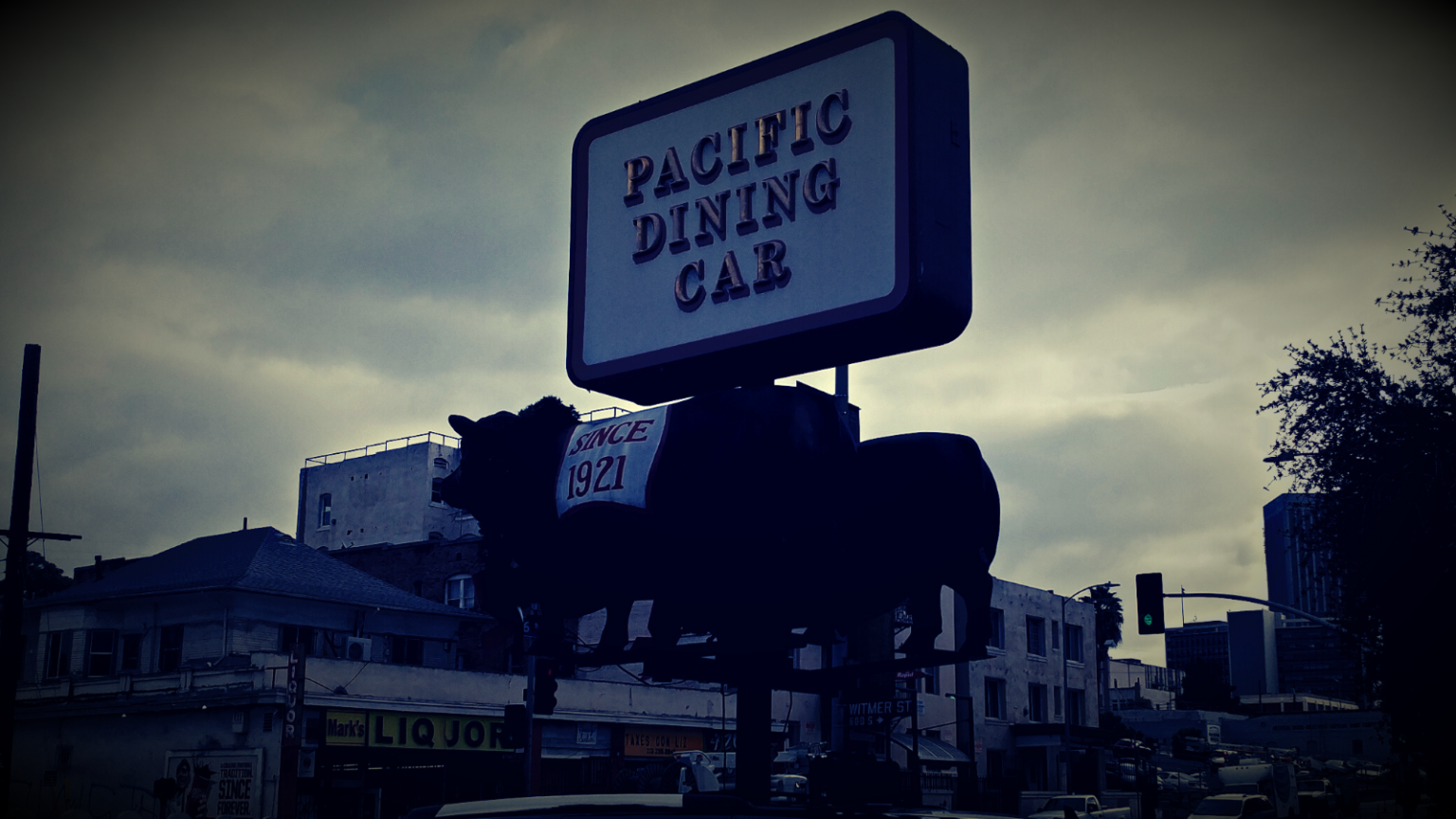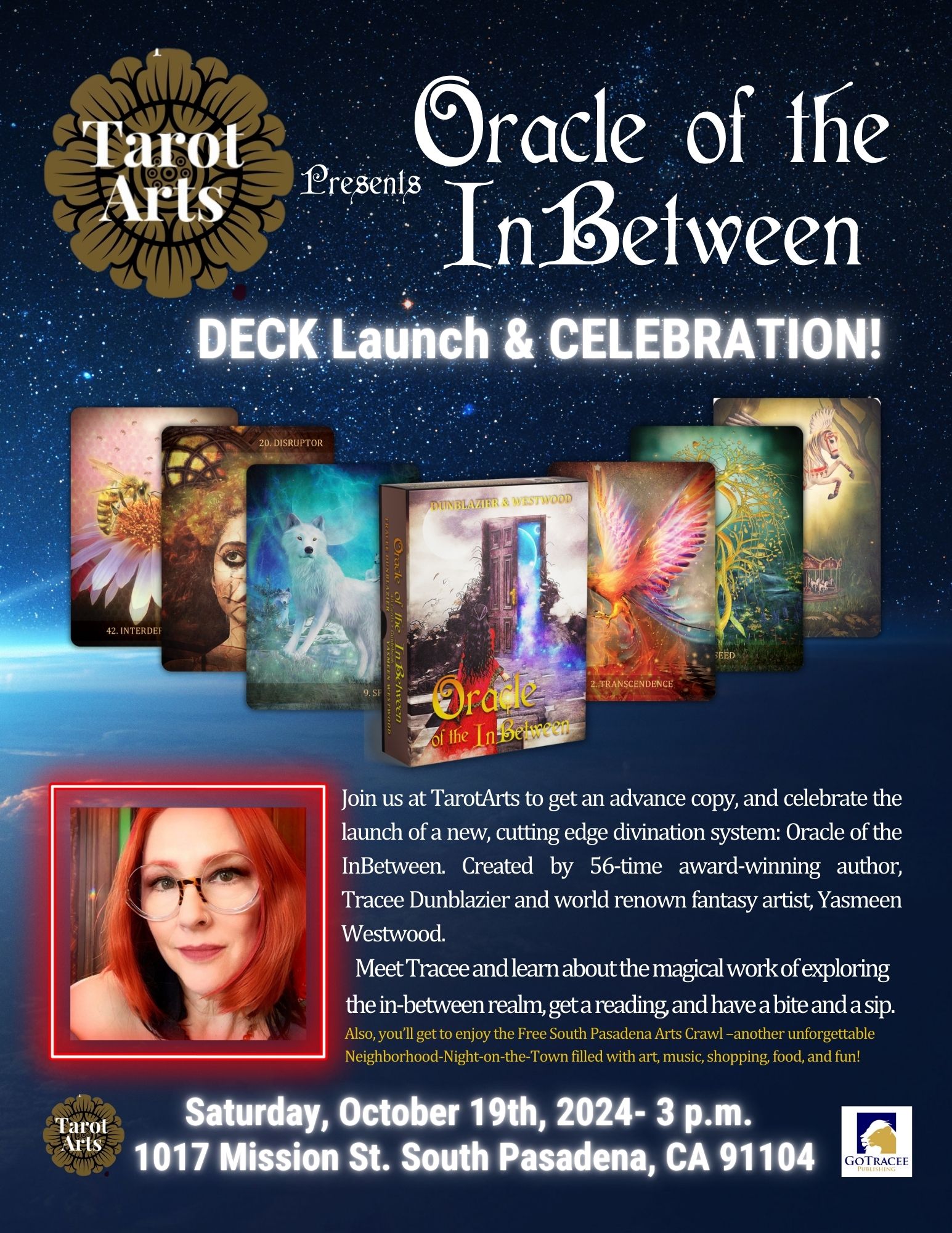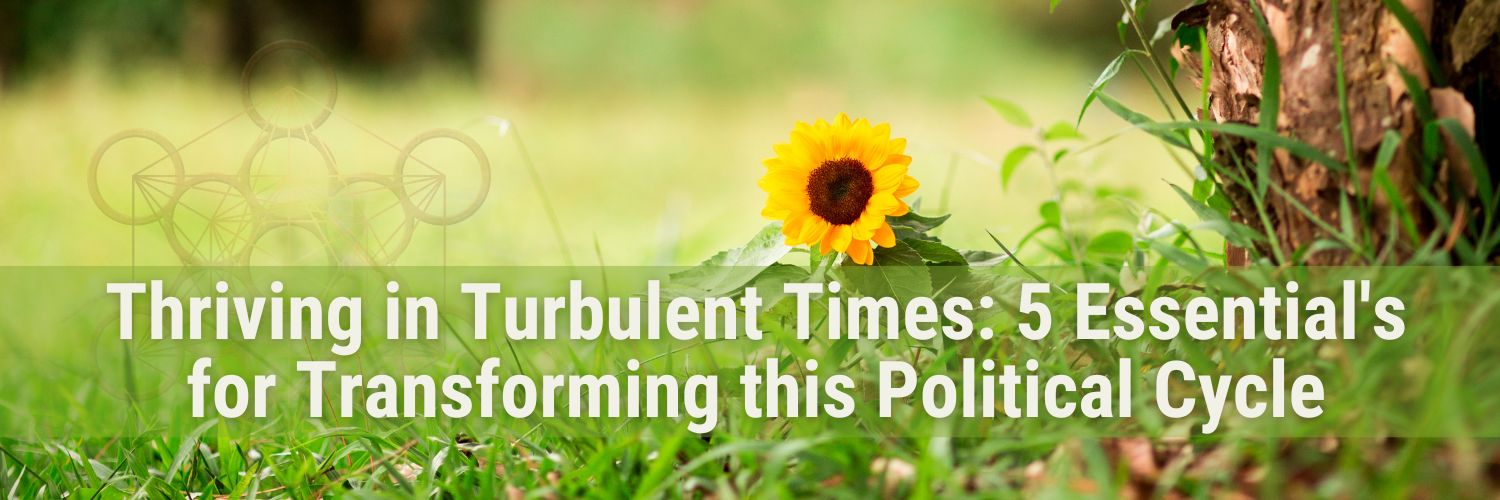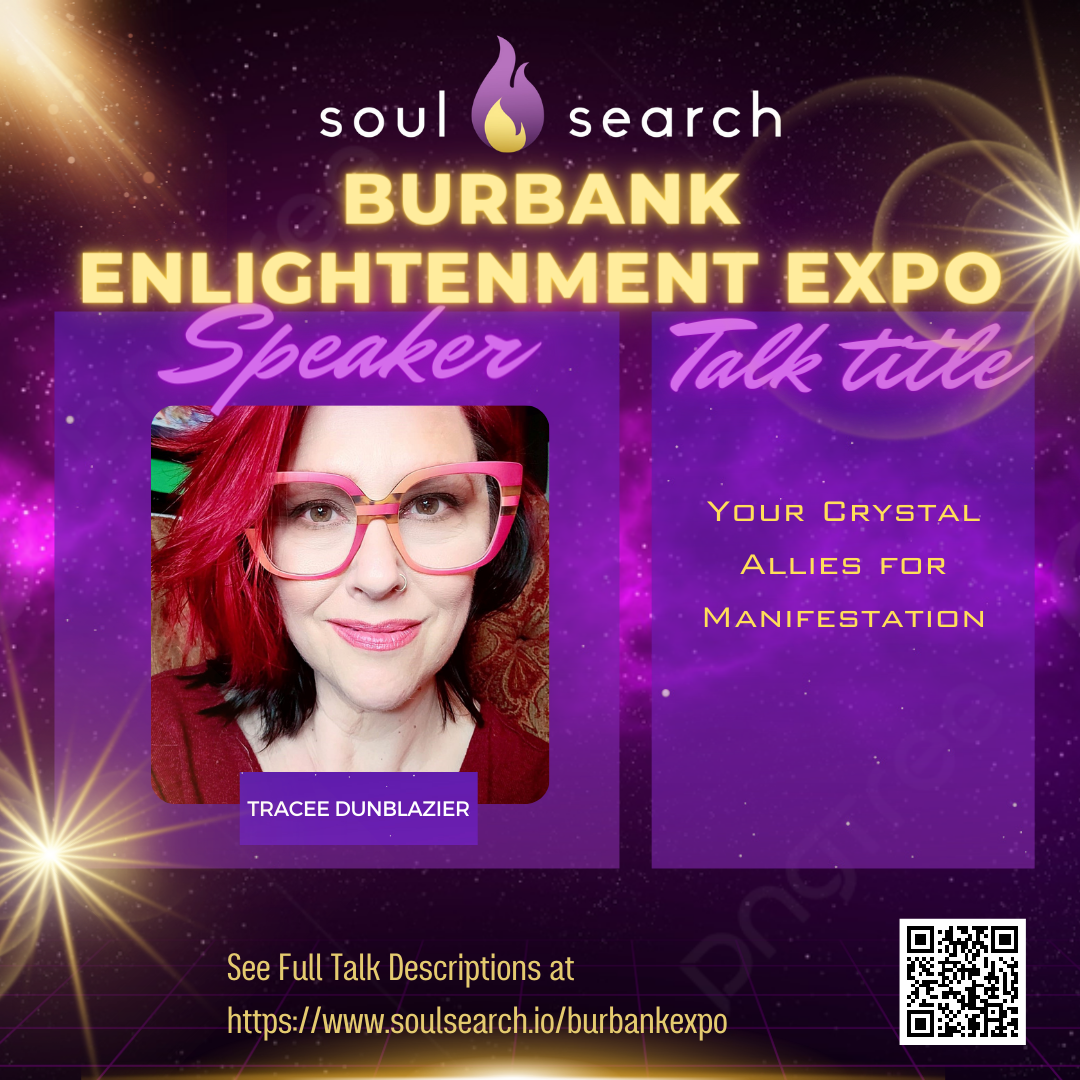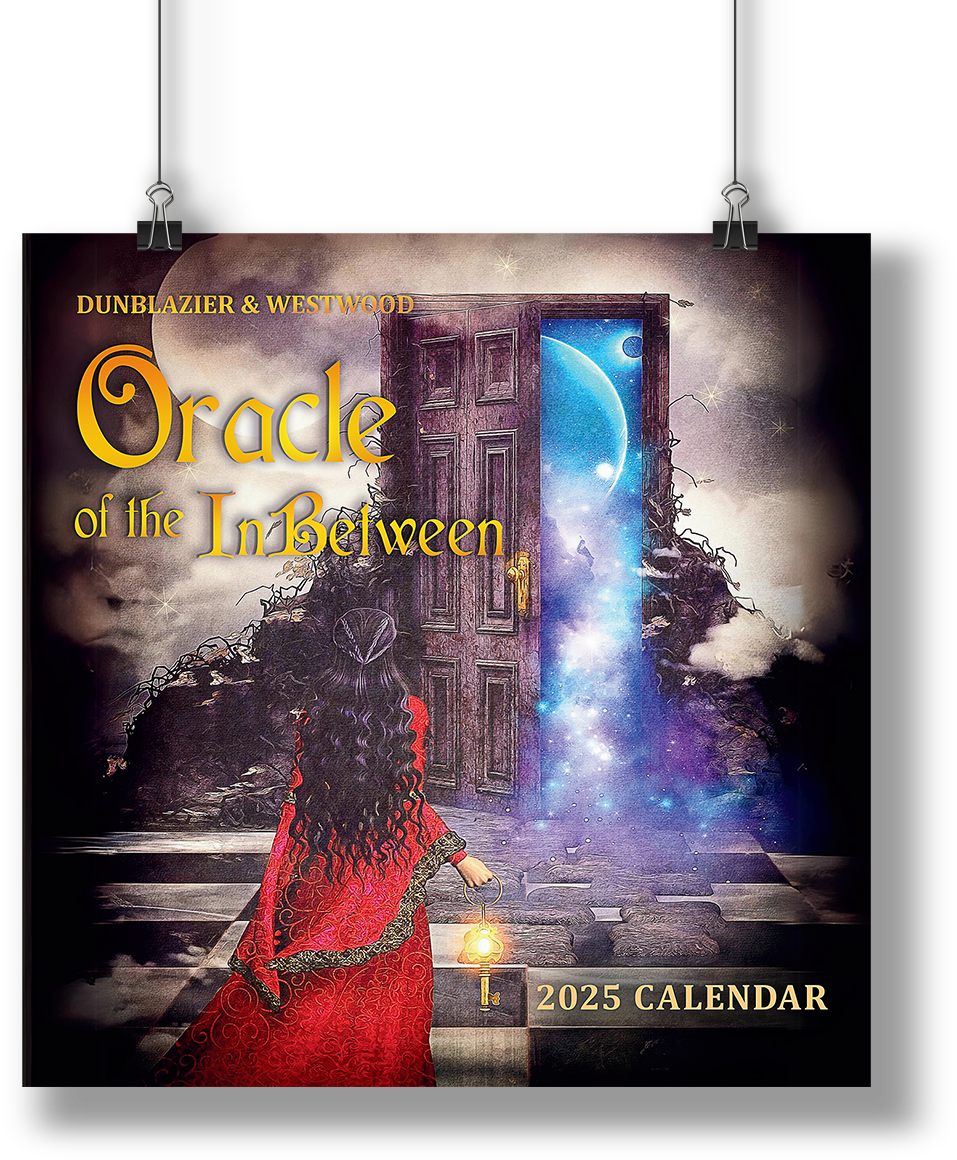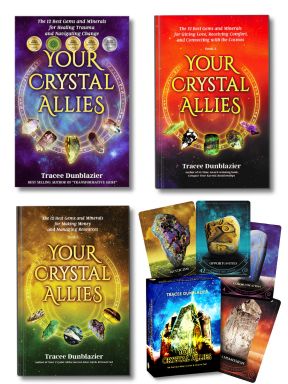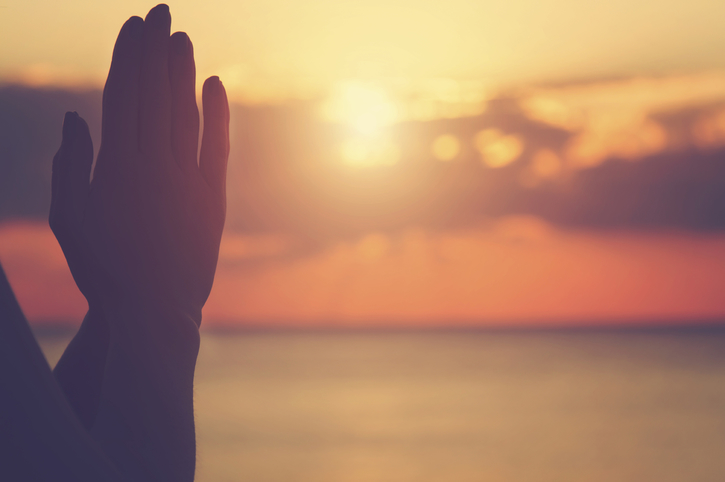
Author Name: Johanna Ferreira Vivala Squad
Publish Date: May 11, 2016
Website Link: http://www.vivala.com/home/joined-prayer-group-not-religious/4416
I grew up in a conservative Christian home but don’t consider myself religious at all. While there are certain aspects of the Christian faith that I love and still embrace, I wouldn’t call myself a practicing Christian by any means — sorry Mom and Dad! I don’t go to church (though I do visit on occasion), I don’t read the Bible, and I don’t agree with a lot of things in the religion. But I haven’t stopped praying.
I definitely consider myself to be spiritual. I believe in God and being connected to a higher power. I believe that there’s so much more to this world than what is easily seen. I believe in miracles, and I absolutely believe in entering a higher state of consciousness and that’s where prayer comes in for me. But it wasn’t until joining a prayer group that I really started understanding the true power and impact of prayer.
Related From Vivala: What It’s Like to Be a Pastor’s Kid
“Religion is the ritual we use to cultivate our relationship to the creator,” says Tracee Dunblazier, a spiritual empath, shaman, educator, speaker, and author of the Demon Slayer’s Handbook. “We are all spiritual, but the idea of spirituality implies an awareness of the other energetic dimension that we as humans can experience.”
It all started sometime last spring. I formed a little crew with two wonderful women I was becoming very close with. It began as a text thread — where we literally checked in every day, all day — to becoming practically best friends. All three of us were going through very similar life changes at the same time. From exciting career shifts to apartment moves to our fair share of boy problems. I believe these ladies came into my life for a reason: so that we not only were able to support each other, but to also build each other up spiritually.
Related From Vivala: Being the Only Liberal in My Conservative Latino Family
When I mentioned to them that I was big on prayer, I was surprised to hear they were too because none of them were religious either. When we discovered that we all believed in the power of prayer, we saw it as another great opportunity to support each other and thus formed a prayer group. And it was a lot simpler than you’d imagine.
We weren’t sitting on the floor with our legs crossed, holding hands, and praying out loud. No, it was a lot more practical than that. Plus, who has that kind of time? We certainly don’t.
Instead, every few weeks (or whenever needed) we would send each other a list through our text thread of the things we wanted prayer for. It could be anything from my tummy troubles, to work challenges, a family member’s health, or healing from a breakup. We committed ourselves to praying for everything on everyone’s list every day.
Related From Vivala: The Benefits of Meditating for One Month
How do I pray you ask? Most times I pray in my head, sometimes I write in my journal or type in my iPhone notes, and when my roommate isn’t home, I pray out loud. Yes, I pray out loud.
I find myself praying every morning during my work commute and then right before bed. When we first started our prayer group, I had to set up reminders on my phone, but after a few weeks it naturally became part of my daily routine. Before I knew it, I was actually looking forward to prayer time.
Prayer was no longer about going to God in times of desperation. Instead, it allowed me to accept the things in life that I can’t control and trust that despite whatever I was going through, that God and the universe would get me through it.
“The act of prayer creates a conversation between you, yourself, and the creator,” says Dunblazier. “It allows you to cultivate a deeper awareness: of your desires, your limitations, and your possibilities. The more you know, the more power you have to effect a change.”
As someone who is a natural worrier and occasionally anxious, praying gives me the calmness, the confidence, and the peace to just live my life. It’s given me more perspective and has allowed me to be grateful for the little things in life that I often take for granted. Most of my prayers usually start off with a list of things I am grateful for: my health, job, or loved ones. You’d be surprised how much of an impact this alone has.
Studies have shown that gratitude does in fact reduce feelings of depression, lessens anxiety, improves sleep, and improves overall cardiac health.
Oh, and if you’re wondering if any of our prayers have gone unanswered, the answer is no. Every single thing on my list and two friend’s lists have been answered.
Don’t get me wrong, praying is not like wishing to a genie. Things don’t always turn out the way that we want, but they do turn out the way they were meant to and forms us into stronger, better, and more appreciative human beings. My world could be collapsing, but in moments of prayer everything always feels all right and there’s a deep sense that everything will be all right, no matter what happens.
“The most important impact is that when you understand that you are not alone in this process of life, you open to the many people, information, and options that you may not have been privy to previously,” says Dunblazier. Amen to that!
Author Name

